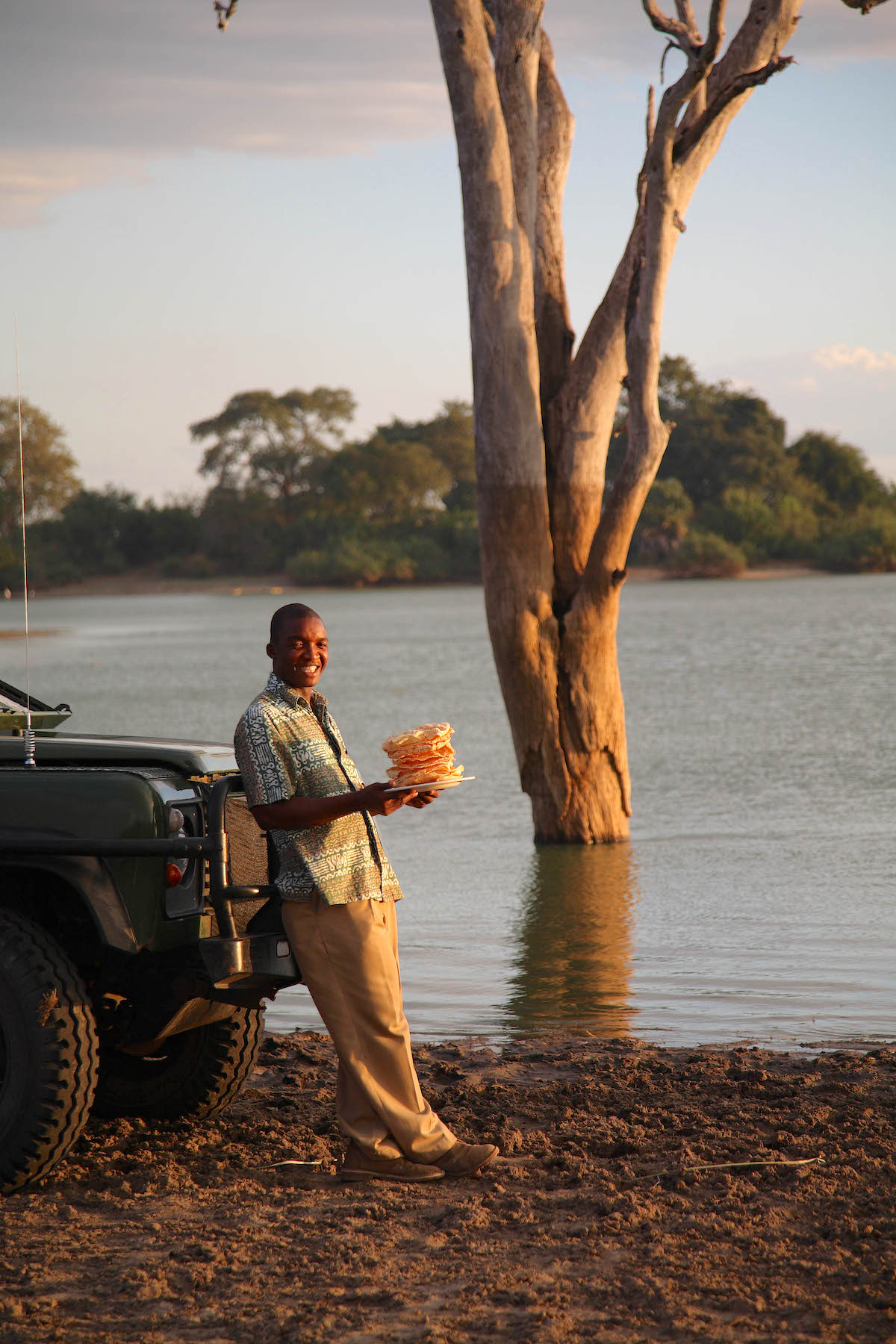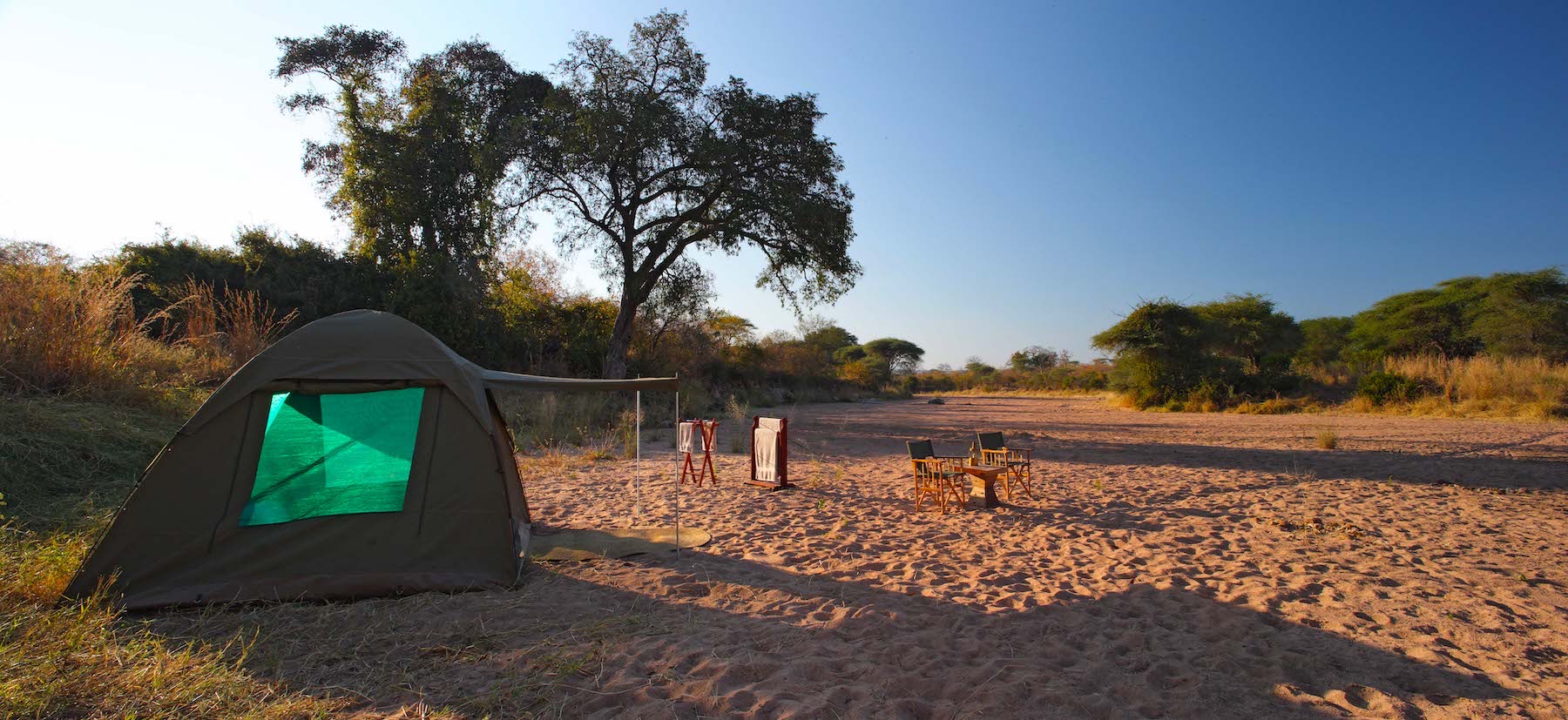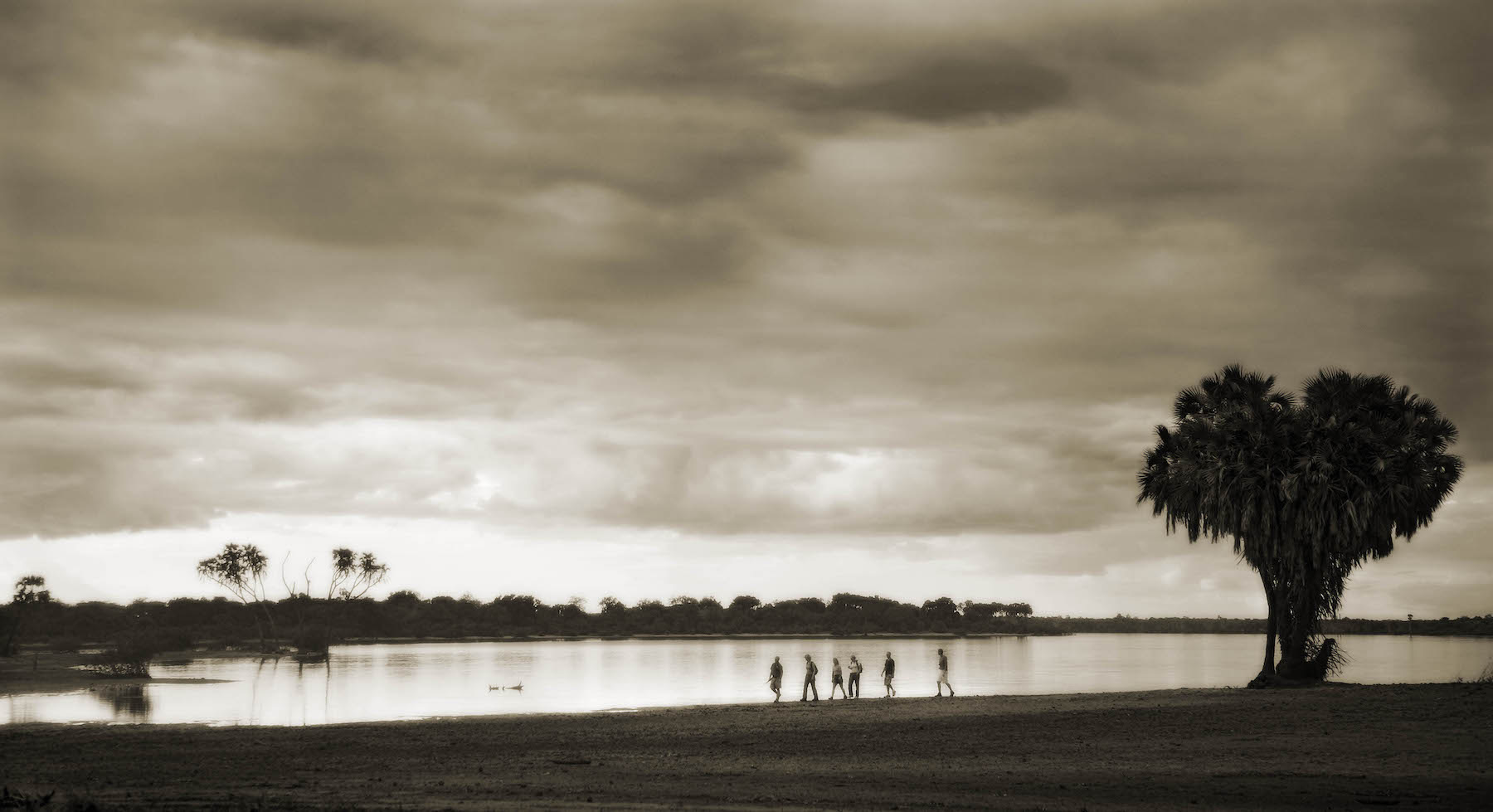
LYNDSEY FAIR has the best of all worlds – a career in the wilds of Tanzania. As marketing and operations manager of the Selous Safari Company, she lives a dream life. Especially when she is at their flagship locations – the Selous Game Reserve, one of the biggest and richest parks in the world, yet off the map for most travellers. Lyndsey chatted with Kunzum about Selous – the reserve and the company – and what makes it a hidden gem.
What prompted you to set up camp in the lesser known Selous Game Reserve?
Our founder Charles Dobie, who is still at the helm, grew up in Kenya with a love of wild remote spaces. When planning his first safari camp, he went looking for remote, virgin landscapes – untouched and unseen – and open them to the world. He saw this business as a means to create positive partnerships between tourism and conservation and to generate funds so vital to protecting our wildlife and to support local communities.
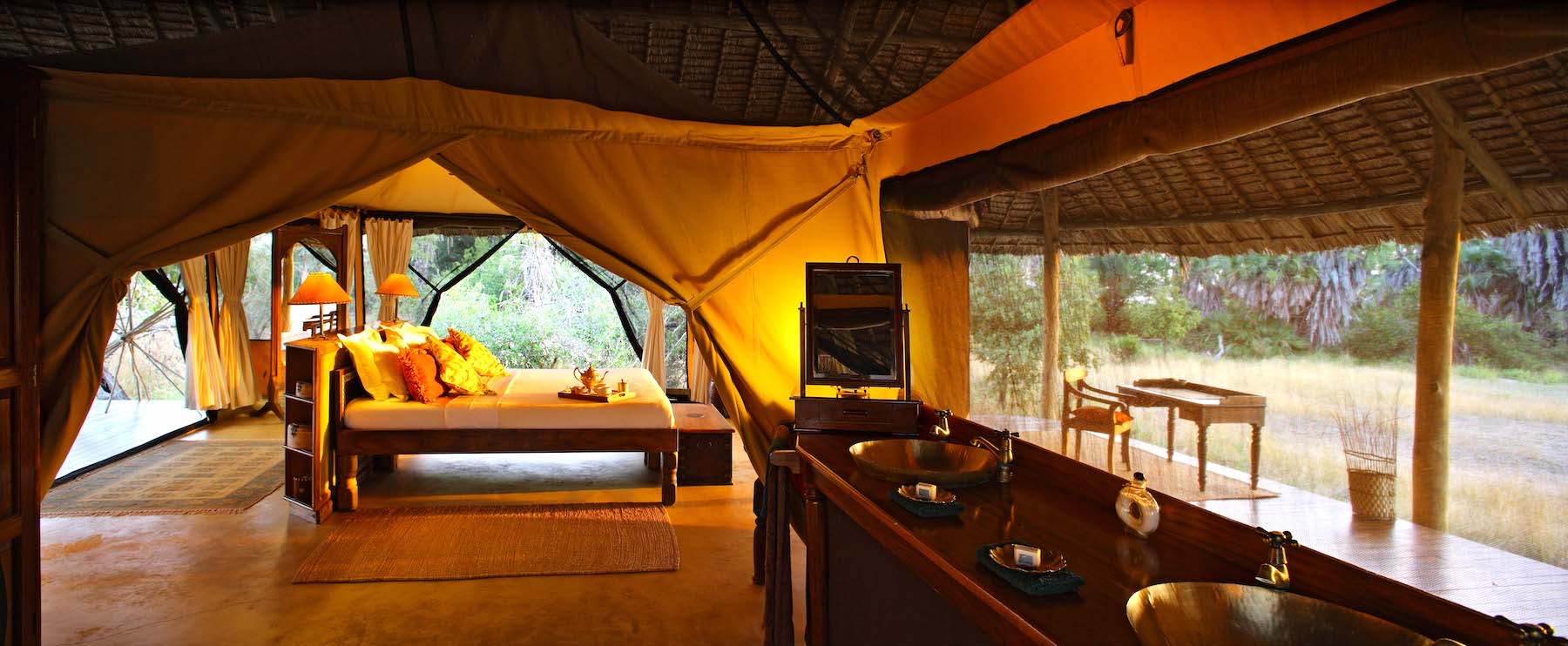
How does the experience of Selous compare to other reserves and national parks in east Africa?
The Reserve is the largest in Africa, spanning 55,000 square kms and is four times larger than the Serengeti – comparisons are not easy to make! Inscribed as a UNESCO World Heritage Site, Selous’ riverine wilderness and diverse habitat creates the perfect environment for a wealth of animals of all kinds; it also supports over 2,100 species of extraordinary plants.
Selous is home to over 400 varieties of birds, more than half of Tanzania’s elephant population, and over 120,000 buffalos. The reserve’s 40,000 hippos and 4,000 lions are probably the largest populations on the continent; the planet’s largest population of rare wild dogs reside here too.
Due to the local topography around our Siwandu camp, its location is considered the undisputed prime position for superlative game viewing.
Selous is often compared to Zambia’s South Luangwa National Park – because we offer the added feature of boat safaris not available anywhere else in Tanzania. We also offer game walks, not common in other parks.
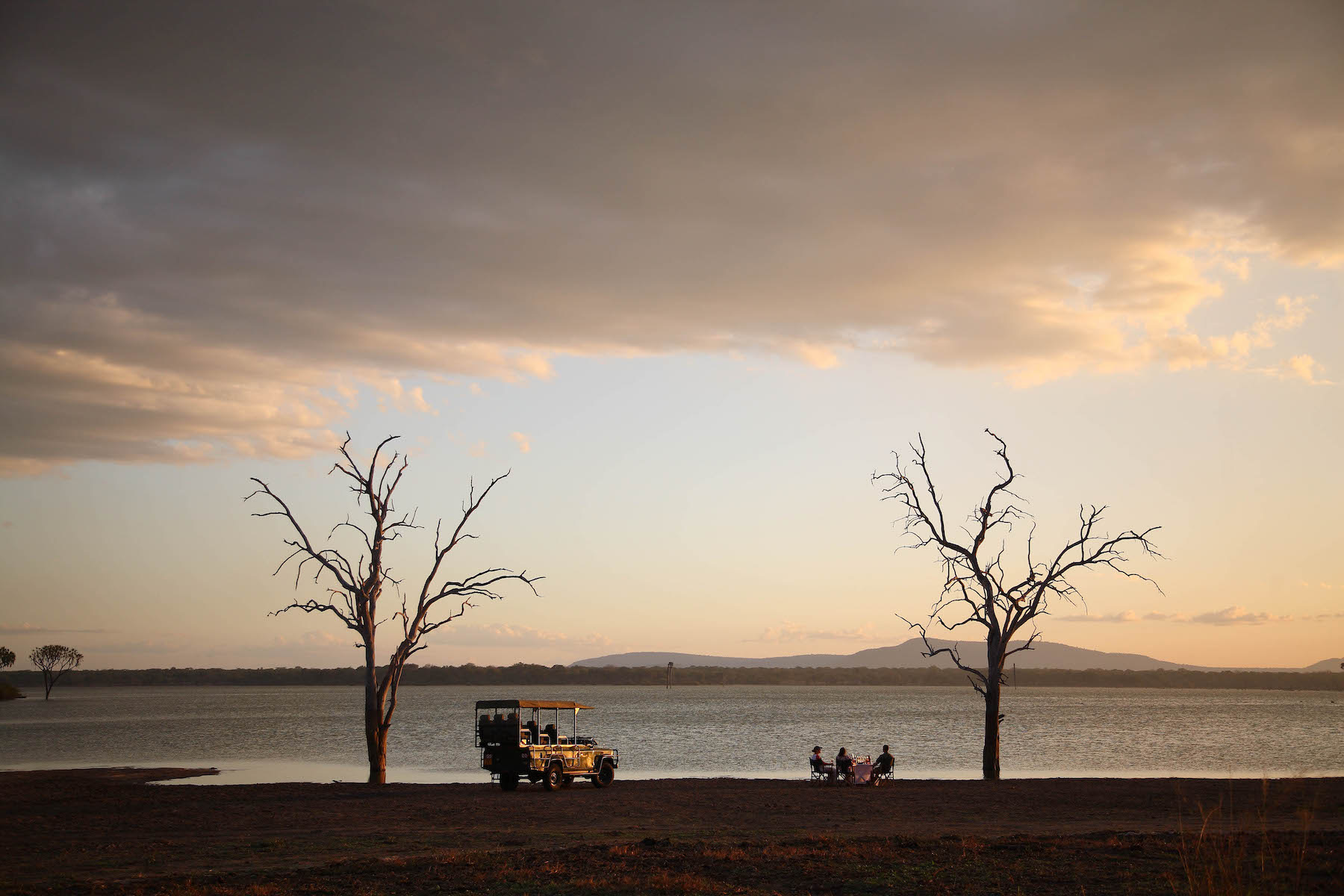
How do experiences change at different times of the year?
June to October are dry and warm months of the year, with temperatures ranging from 16 degrees Celsius at night to 35 degrees in the day. Animals are drawn to dwindling water supplies in the lakes around the river and, with vegetation sparse, this is the perfect season for viewing larger concentrations of game.
Spring comes in this coastal area of Tanzania with short rains in November and December – plant life and flowers burst into life, attracting insects and a stunning variety of birdlife. The game during this green season may be more scattered than during the winter months but sightings remain good around water sources. It is also the main reproductive time of the year – it’s a wonderful opportunity to see baby animals.
Temperatures rise sharply between November and March ranging from the high 20s at night to low 40s in the day. This is what makes Siwandu’s shaded swimming pools so inviting. The camp is closed during the long rain season in April and May.
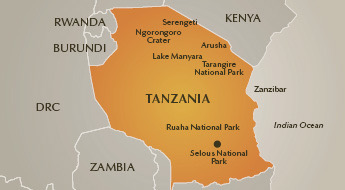
How many days should one plan to be in Selous?
Guests usually stay for 3 – 5 days but you may want to plan a longer trip if tracking the Wild Dog or to explore the empty landscape for incredible photography opportunities. Most guests add Ruaha National Park to the itinerary and stay at Siwandu’s sister camp of Jongomero – offering a truly contrasting safari experience. After three or four days at each of our bush camps, you can relax at the Ras Kutani, our stunning beach retreat on the Swahili Coast.
How is a reserve like Selous important to the conservation efforts in Africa?
Like all protected land in Tanzania, Selous is also vital to conserving wildlife, especially the endangered ones. How else will our children feel the thrill of seeing a rhino or an elephant, or of watching a lion hunt or a wild dog chase? Revenues from these reserves are needed to support anti-poaching patrols and rangers. Tourism contributes a critical 13 percent to Tanzania’s GDP. The effort of all stakeholders is to promote sustainable tourism as it can be a perennial source of revenue unlike diminishing resources like gold, oil and gas.
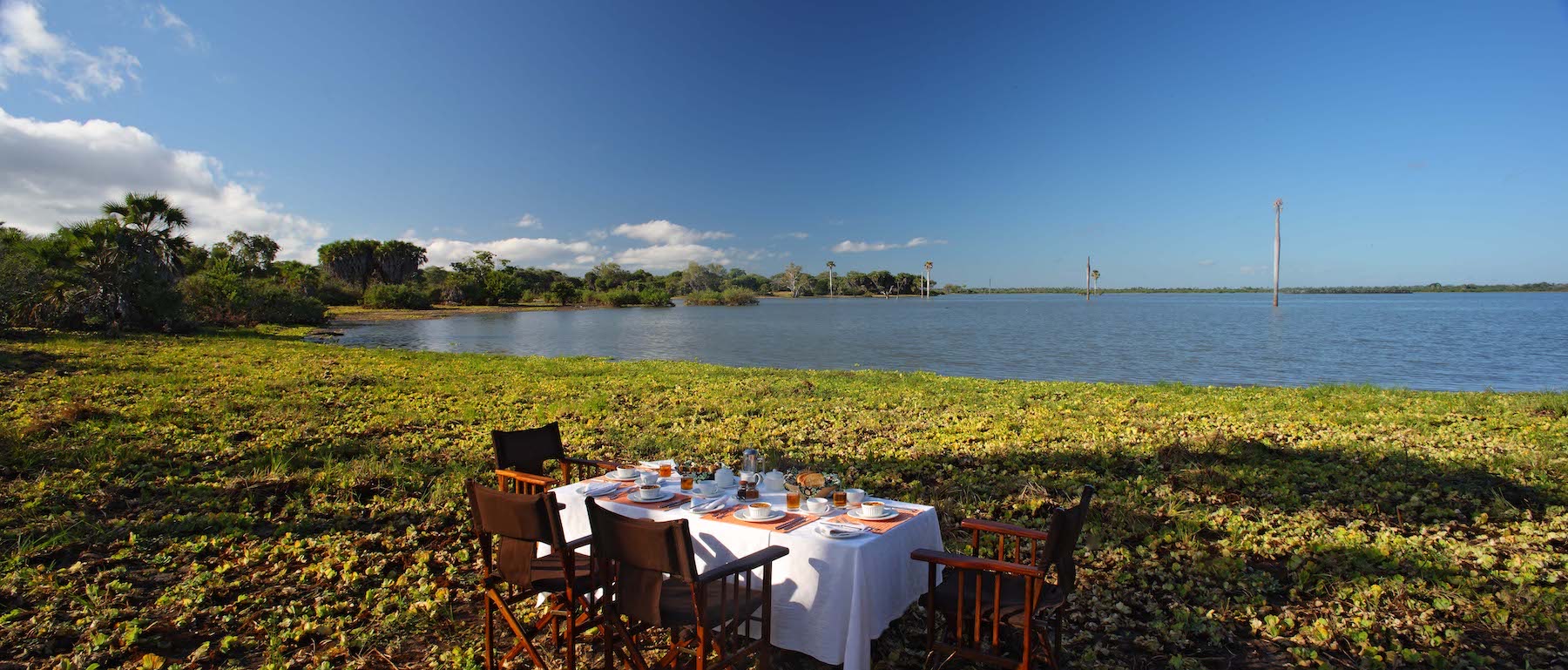
How are you making an impact on conservation efforts?
Selous Safari Company’s policy is to financially support organisations which have renowned success within their specific conservation area. Currently, we are supporting SeaSense, a NGO working closely with coastal communities in Tanzania to conserve and protect endangered marine species including sea turtles, dugongs, whales, dolphins and whale sharks. We also work with STEP (Southern Tanzania Elephant Project), an elephant conservation project based in Southern Tanzania.
Conservation cannot happen without community development – you cannot do one without the other. We strive to create jobs for local communities around protected zones either at our camps or with our vendors. This keeps them away from poaching and fishing. We also educate the younger generation about the importance of conserving reserves and parks as a revenue source for them in the future. One such initiative in this direction is the Selous Safari Kids – we invited 13 children of our own staff to camp to see their parents at work and to appreciate the work we are doing.
Is there an anecdote that you love sharing with everyone?
Our Selous Safari Kids initiative at Siwandu turned out to be a wonderful one, allowing children a chance to dream of a future by getting timely career advice. Such mentoring is not common in Tanzania – but something as easy and inexpensive as telling someone what they need to do to be an accountant or mechanic can have such an impact. From that first pilot, we have a young man aspiring to be a chef – he is saving money to go to a culinary school. And a beautiful girl wanting to break Tanzanian cultural barriers and become a guide. Incredible!
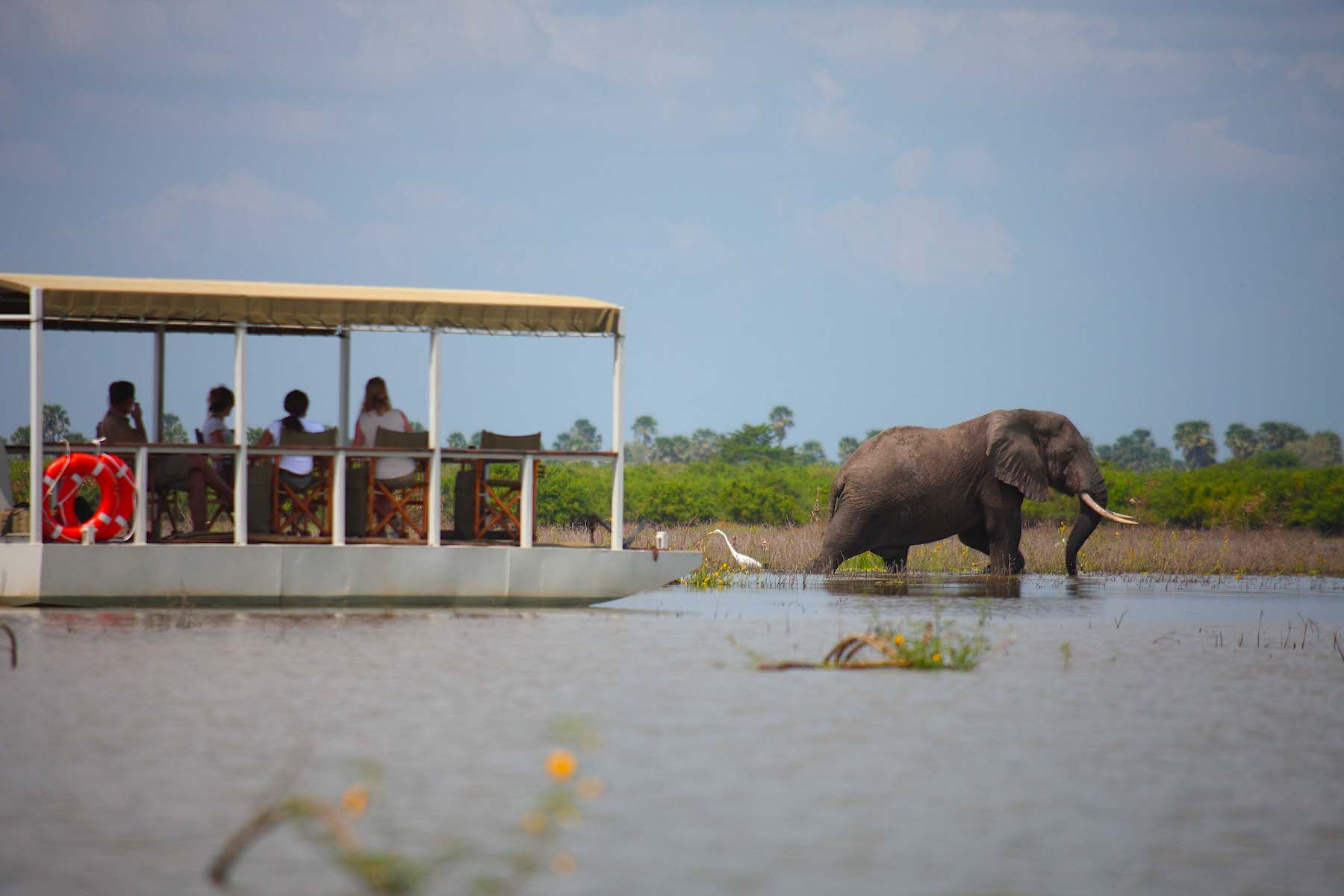
Share a secret about Selous.
Most people do not know that Selous is home to the largest population of Wild Dog in the world – with less than 7,000 surviving globally, Selous is the best place to see these endangered animals. Watching packs of these wonderful hounds hunt, play and cavort is simply fabulous and something exceedingly special and rare.
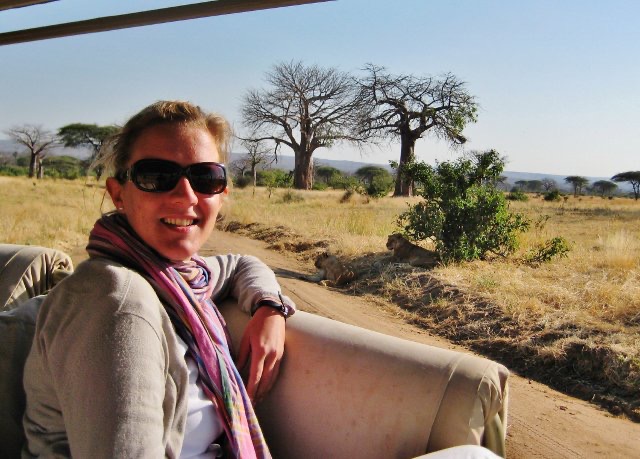
ABOUT LYNDSEY FAIR
Lyndsey Fair is Operations and Marketing Manager at the Selous Safari Company. She pursued a career in events and hospitality after leaving Edinburgh University but her heart was in Africa where she grew up with her parents. She joined an island resort in Mafia as camp manager in 2010 before taking up a position at the Selous Safari Company in 2012.
All photos courtesy Selous Safari Company.
